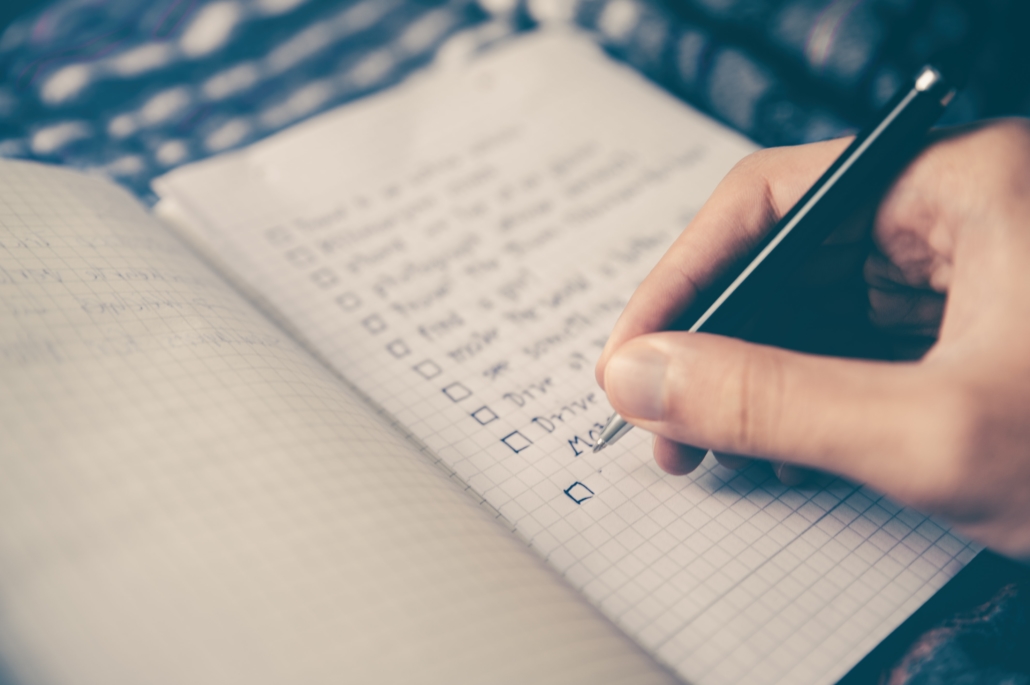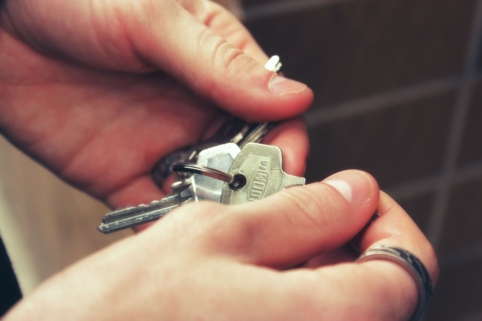Things to keep in mind before you buy a house
Looking for the perfect home might sound exciting. But sometimes, when you venture out in the hope of finding a paradise, you are shown nothing more than pigeonholes. The path leading to your perfect home may feel like a treacherous one, but that’s far from true. All you must do is keep the important points in mind while you are looking for your next home.
Here are simple tips to keep in mind while hunting for a house so that you can avoid making an expensive mistake.
Know your budget

The process of looking for a new home starts by evaluating your bank accounts, assets, cash flow, and liabilities. The most common mistake people make is that they set their hearts on a house that is beyond their budget. Yes, you can get a home loan to cover the deficit, but luxurious homes come at luxury prices which can throw your budget out of the window.
Know your loan amount eligibility
You can easily check how much loan amount you are eligible for using online home loan calculator, but keep in mind that these are only an estimate and not the final word. To get a true amount, you should contact your bank before starting your search.
There could be a significant difference between what you think you’re eligible (pre-qualified) for and what you receive (pre-approved). It’s important to be sure you know the amount of loan you can get before you set your final budget.
What about the other costs?
People think that, once they have bought a house, they are done with the expenses, but that’s not true. As soon you purchase a home, you’ll have a monthly mortgage payment (assuming you took out a home loan), you’ll have to spend money on maintenance, utilities and more. You also might have to purchase new furniture as well. Also, don’t forget to include insurance costs in your budget. All US mortgage lenders require insurance on your property to protect against costly losses.
Be open to change
Finding the exact home you’ve been dreaming of is extremely difficult. For example, you may want a swimming pool, three balconies, and attached bathroom with every bedroom, but when you may only be able to find properties with two out of the three.
If you spend too much time or are too picky, you might miss a good deal on a house. So, it is best to keep an open mind and a keen awareness of your priorities.
Don’t get carried away

People often make the mistake of overspending money just to decorate their new home. You don’t have to spend extra money if your old furniture is in good condition. Instead plan to replace it with new over time, helping you save a lot of money in the short term.
See through the drama
Builders often offer cosmetic changes or upgrades to change the look of your house for extra money. These fixes can alter the look of your house, but it’s important to consider if these are these additions or alterations are worth it.
Many changes and upgrades can be added later by a handyman or contracting service, often at a much lower price than if purchased from the builder. If you’re trying to save money on a new construction home, this may be a good idea to consider for those “nice but not necessary” improvements like decks, patios, or even central air conditioning units.
Pick and choose

Yes, you should keep an open mind when home searching, but that doesn’t mean you have to make bad choices. If you have a big family, buying a big house with 3-4 bedrooms makes perfect sense. You don’t want to feel cramped in your house just because you wanted to save some money.
Make the list of things that you are not willing to compromise at any cost. This allows you to make the right decision.
Keep an eye out
Builders usually promise to finish work at lightning speed, but the truth is, they take ages to complete the project. If you have made the payment for the house, make sure your visit the property regularly and contact the builder for regular updates. If you sense something is wrong, contact the local authorities to ensure your investment is safe.
If you’re purchasing an already-constructed property, make sure you do a proper survey. For example, if you are looking to find homes for sale near Las Vegas, make sure you check every nook and cranny before making your final decision.
Find your own agent
Hire an agent of your own if you want to know all the secrets of the property. You will have to pay a fee to the agent, in return you will get guidance that will be true. Using Cashifyd to find an expert agent in your local area who offers cashback at closing, helping you to save even more on your next real estate purchase.









